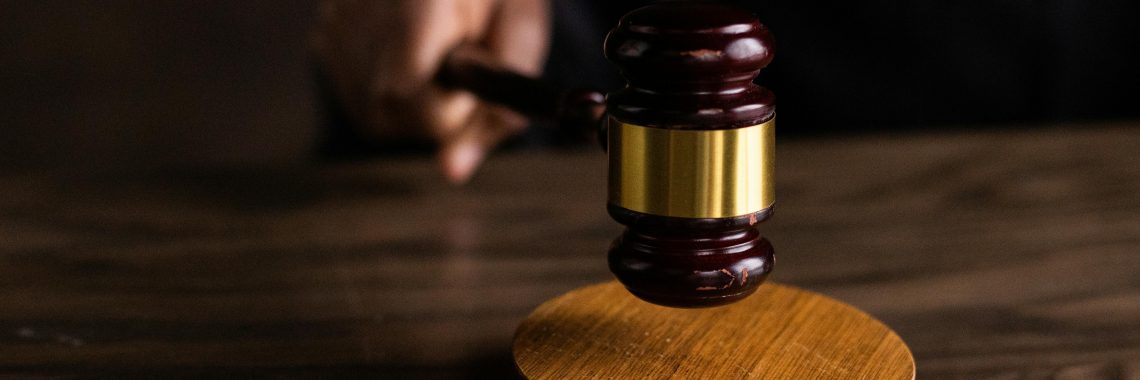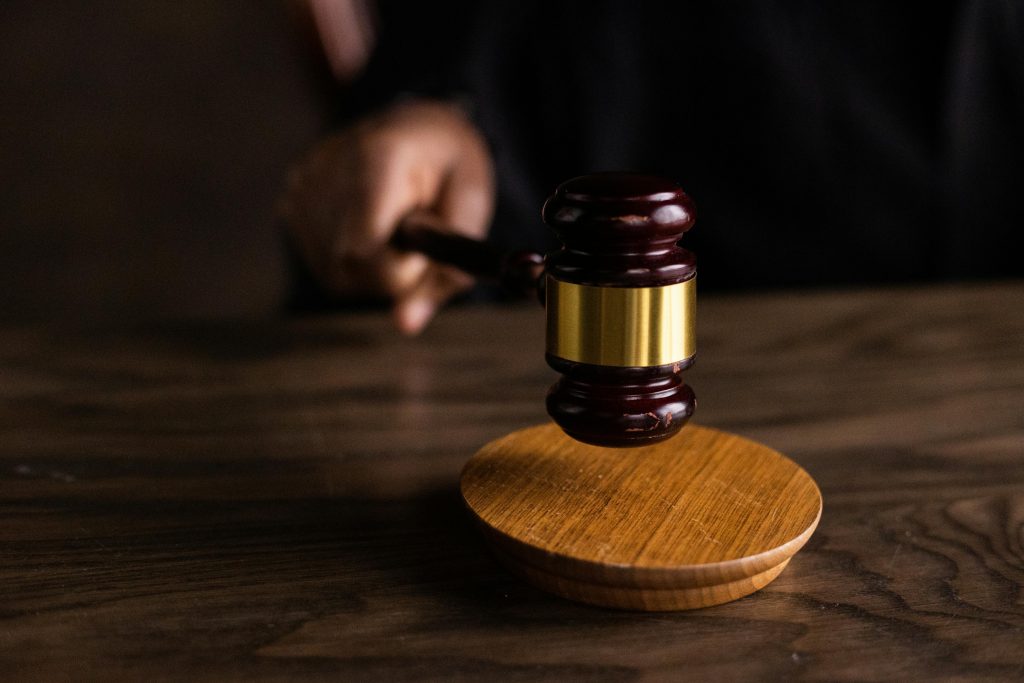Supreme Court Case Could Decide Future of Arkansas’ SAFE Act

A case currently before the U.S. Supreme Court could decide the future of Arkansas’ SAFE Act.
The Save Adolescents From Experimentation — or SAFE — Act is a 2021 law that protects children in Arkansas from sex-change procedures, puberty-blockers, and cross-sex hormones.
The law passed with overwhelming support in the Arkansas Legislature, but it has been blocked in federal court for more than three years.
To date, roughly half the states in America have passed laws similar to the SAFE Act — including Ohio, Wyoming, Tennessee, and many others.
The Biden Administration has gone to court to stop Tennessee’s law protecting children from sex-change surgeries, and that case has worked its way up to the U.S. Supreme Court.
On Wednesday, the Supreme Court heard oral arguments in the lawsuit, where CNN reports the justices “expressed deep skepticism” about the Biden Administration’s arguments against the law. If the U.S. Supreme Court upholds Tennessee’s law, it could pave the way for federal courts to uphold Arkansas’ SAFE Act and the similar laws that other states have passed.
Sex-change procedures, puberty blockers, and cross-sex hormones can leave children scarred, sterilized, and at risk of serious health conditions.
Doctors do not know the long term effects that puberty blockers and cross-sex hormones might have on people, but files recently leaked from the World Professional Association for Transgender Health (WPATH) organization make it clear that medical professionals performing gender-transitions on kids have been fully aware that these procedures can lead to lasting regret and complications — some of which may even be life-threatening.
Since 2021, a major hospital in Sweden has announced that it would no longer give puberty blockers and cross-sex hormones to kids, the U.K. has adopted policies that protect children from puberty blockers, and the U.S. Food and Drug Administration has added a warning label to puberty blockers after discovering they caused some biological girls to experience swelling in the brain.
Reports show that since 2019, doctors in Arkansas have given dozens of children puberty-blockers and cross-sex hormones. Some children even have undergone sex-change surgeries. Arkansas — and other states — need to be able to protect these children.
It may be several months before the U.S. Supreme Court issues a decision over Tennessee’s law, but we trust that our federal courts ultimately will recognize that the SAFE Act and the many laws like it are constitutional and let states protect children from sex-change procedures.
Articles appearing on this website are written with the aid of Family Council’s researchers and writers.





